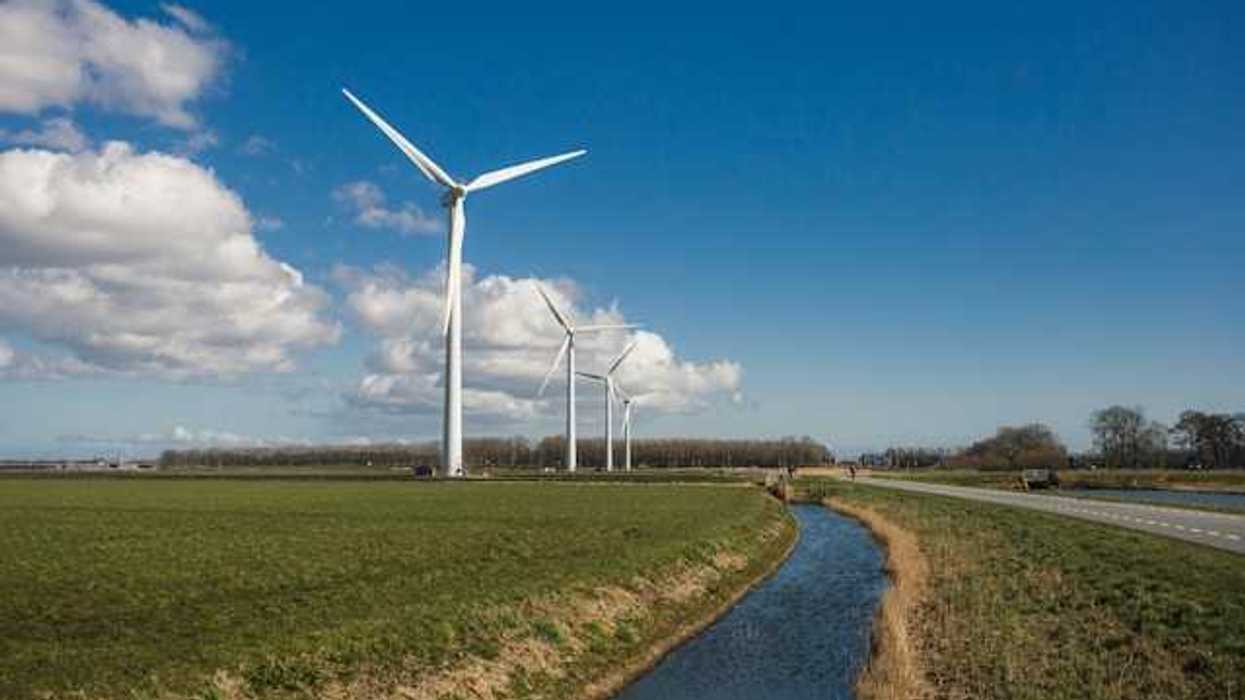Tourists are at greater risk of heat-related illnesses than locals when visiting hot destinations during heat waves, experts warn.
Kiley Price reports for Inside Climate News.
In short:
- Six tourists died in Greece during a June heat wave, likely due to heat stress.
- Visitors from cooler climates lack acclimatization to extreme heat, increasing their health risks.
- The trend of "coolcationing" is rising, with tourists opting for cooler destinations to avoid heat.
Key quote:
“It takes at least 1-2 weeks to acclimatize to heat stress. That means, a tourist who lives in a cooler climate and travels for a week-long vacation to a warmer climate or area experiencing a heat wave won’t have time to acclimatize during their time in the warm area.”
— Alisa Hass, geographer at Middle Tennessee State University
Why this matters:
Tourists face higher health risks from extreme heat due to lack of acclimatization and vacation behaviors like reduced hydration and increased alcohol consumption. Heat exhaustion and heat stroke are serious threats, exacerbated by strenuous activities like sightseeing and outdoor excursions. Unlike locals who have adapted to the heat and know the best ways to stay cool, tourists might not recognize the signs of heat stress until it’s too late.














